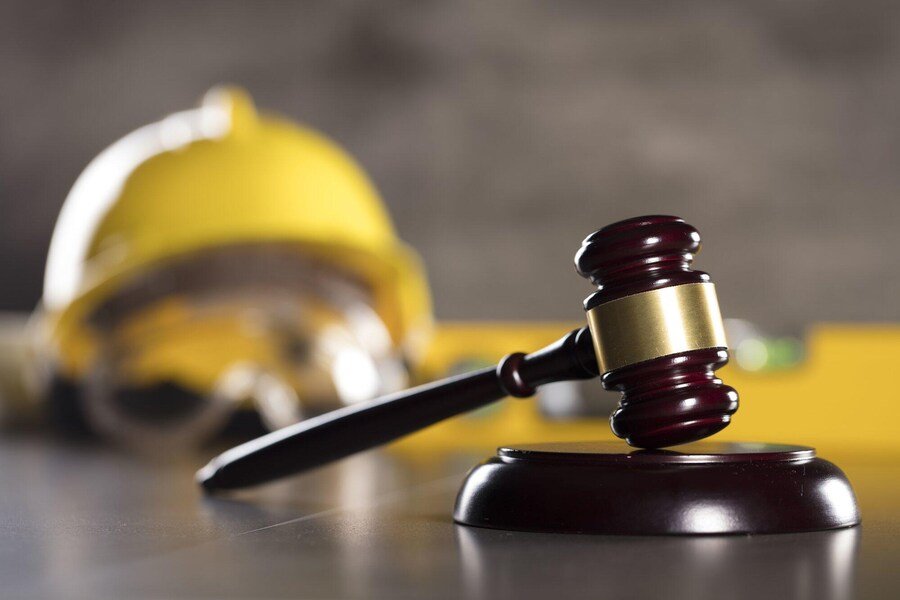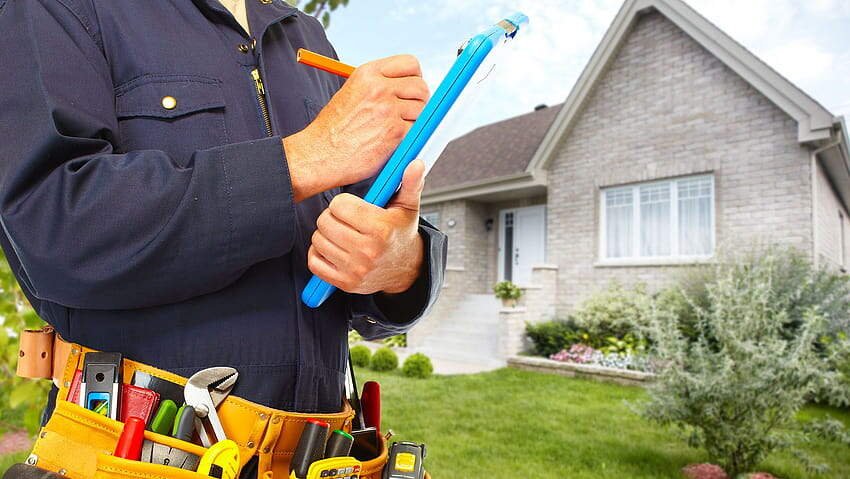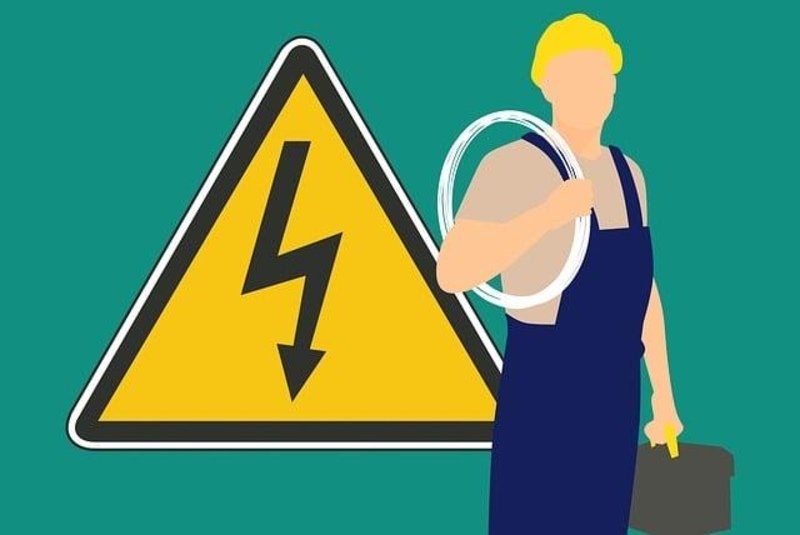Stepping into the world of a homeowners association (HOA) can feel like a venture into uncharted territory for many homeowners. The myriad of rules, regulations, roles, and responsibilities may seem daunting and complex.
But knowledge is power! Understanding the basics of an HOA can equip homeowners like you to make informed decisions, maximize community benefits, and navigate potential challenges with ease.
This guide aims to demystify the fundamental aspects of HOA. It delves into its core purpose and pivotal roles and provides an overview of homeowner responsibilities.
Homeowners equipped with knowledge can confidently embrace their roles within the community and optimize their HOA living experience. Read on to learn more.
The Role And Purpose Of HOA
Managing a residential community, often a subdivision or a condominium complex, is the core function of HOA. It’s responsible for maintaining community standards, enforcing peace and order, and ensuring a pleasing environment that promotes harmonious living. It covers common areas like swimming pools, clubhouses, fitness centers, parks, playgrounds, and landscaping.
- Governance Through CC&Rs
Covenants, conditions, and restrictions (CC&Rs) are a set of rules HOAs use to enforce rules and maintain community standards. They cover everything from architectural styles and landscaping guidelines to restrictions on pet ownership and noise levels.
- The HOA Treasury
The treasurer plays an essential role within the HOA community. HOA treasurer duties encompass a broad range of financial responsibilities. These include setting budgets, monitoring expenditures, collecting dues, and managing financial accounts.
The HOA treasurer also creates financial reports for board members and homeowners, ensuring accountability and promoting transparency.
Now that you know the HOA’s financial responsibilities, particularly the treasurer’s role, it’s time to learn how the association enhances the community and resolves disputes.
- Community Enhancement And Dispute Resolution
Aside from maintaining community standards and enforcing rules, the HOA also serves a role in improving community life. It organizes events, encourages communal participation, and fosters a sense of neighborliness.
In addition, the HOA may mediate disputes among homeowners regarding community rules. It strives to resolve conflicts in a fair, amicable, and diplomatic manner.
Understanding the roles of HOA is the first step to maximizing the benefits of living in an HOA-managed community. It empowers homeowners with the knowledge to engage effectively and contribute positively to their community.
The Role Of Homeowners In HOA-Managed Communities
Each homeowner has responsibilities to fulfill as a member of the association, including the following:
- Paying Mandatory Dues
A fundamental responsibility for every homeowner in an HOA-managed community is the payment of regular dues and assessments. These funds serve as the financial lifeblood of the HOA, allowing for the upkeep of shared spaces, provision of community amenities, and execution of various HOA functions.
Homeowners should budget for these costs, which may fluctuate based on the community’s needs.
- Complying With CC&Rs
Homeowners must comply with the rules set forth in the HOA’s CC&Rs. These regulations guide many aspects of community life, from property modifications and maintenance to noise control and pet ownership.
Violating the CC&Rs may result in penalties, ranging from fines to legal action, so understanding and adhering to these rules is crucial.
- Participating In HOA Activities
Active participation is another significant responsibility of a homeowner. While not always mandatory, such engagement allows them to voice their opinions, influence community decisions, and stay informed about important updates.
By understanding and fulfilling these responsibilities, homeowners can help foster a harmonious, well-maintained community while avoiding potential conflicts or penalties.
The Benefits Of Living In An HOA-Managed Community
If you’re unsure about whether to live in an HOA-managed community, consider the following benefits:
- Enhanced Community Maintenance
Access to maintained common areas is one of the benefits of living in an HOA-managed community. This includes landscaping, cleanliness of shared spaces, and upkeep of amenities like pools, fitness centers, and community buildings. This creates an aesthetically pleasing environment that residents can enjoy and take pride in.
- Increased Property Values
The enforcement of community rules by the HOA often results in uniformity and consistency in the appearance of properties and landscapes, which can boost property values over time. HOA regulations help ensure that individual properties and the community are well-maintained, reducing the likelihood of property value depreciation.
- Dispute Resolution
In an HOA community, conflicts between neighbors over community rules and standards are often handled by the HOA. This mediation can help resolve disputes fairly and reasonably, preserving community harmony.
Living in an HOA-managed community, thus, presents an array of benefits, from maintained aesthetics and increased property values to access to shared amenities and structured conflict resolution.
Final Words
Understanding the basic framework and operations of an HOA enables homeowners to make the most of their community living experience. It ensures they’re aware of their responsibilities and allows them to leverage the benefits the HOA-managed community provides. Also, it helps first-time home buyers make an informed purchasing decision.
The objective of an HOA is to foster a well-maintained, harmonious community. Therefore, informed and engaged homeowners are critical to successful HOA management.
Recommended Posts:















